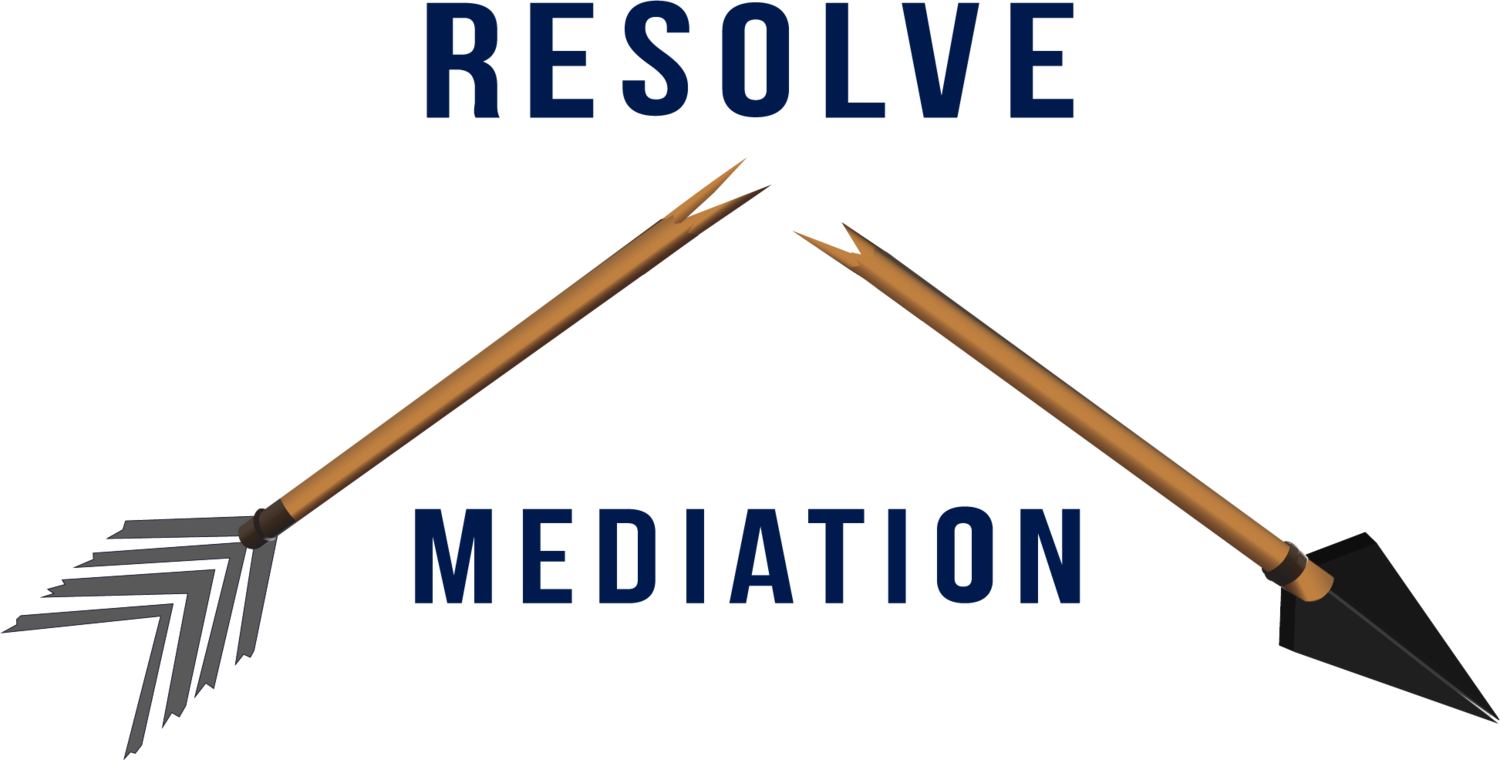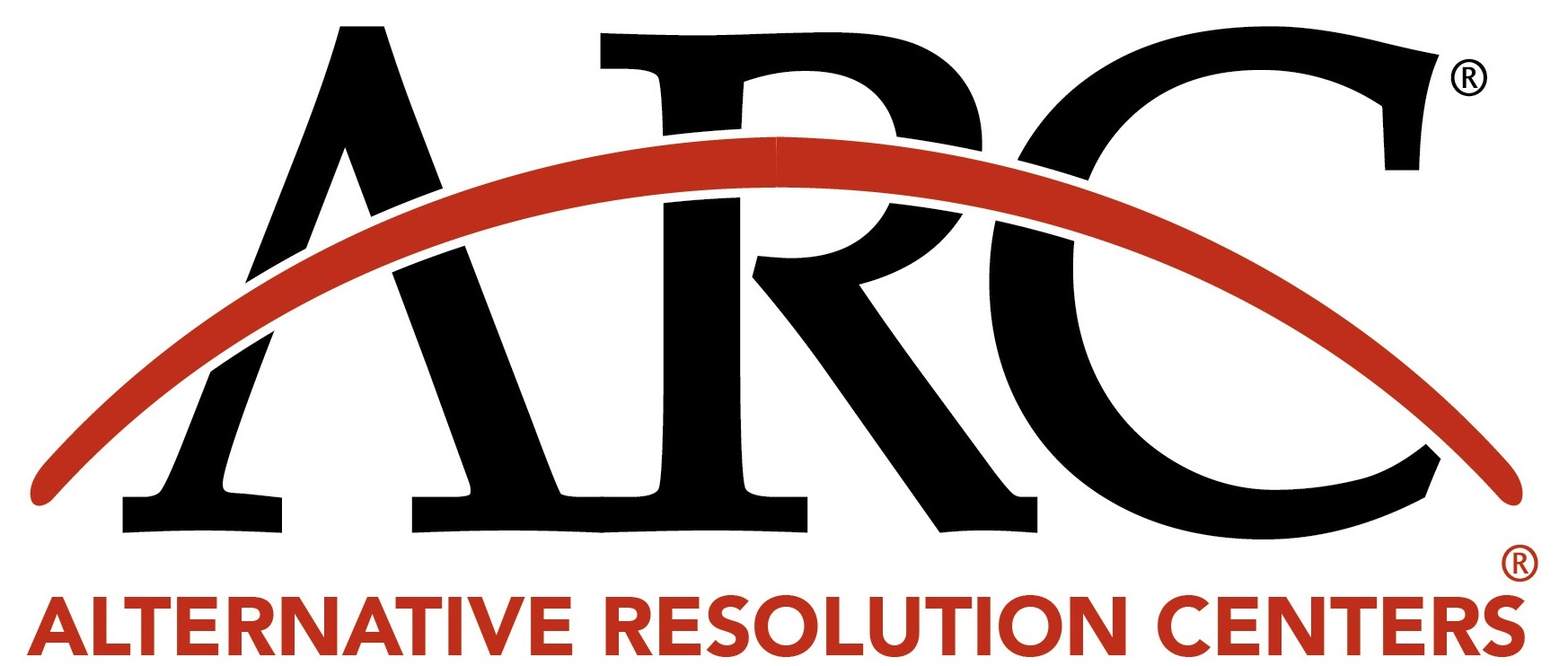Best Mediators & Arbitrators in United States
We feature highly qualified mediators and arbitrators recognized for their expertise in conflict resolution and alternative dispute resolution (ADR) in United States. Each professional is selected based on their credentials, impartiality, and ability to facilitate fair outcomes.

Alternative Dispute Resolution
Golden Gate Avenue, San Francisco, California- Mediators
Mediation: Contract Disputes; Crop Disputes; Easements; Landlord/Tenant Advocacy & Negotiation: Commercial or Farm Lease; Business Dissolution; Land U More Detail

Resolve Mediation
South Spring Street, Los Angeles, California- Employment
- Contracts Disputes
- Landlord / Tenant And Property
- See More
Unlike many others, I was interested in becoming a mediator very shortly after law school. I trained for mediation throughout my time there, and then More Detail
Mediation Offices of California, PC
Market Street, San Francisco, California- Family law
- Family and estates law
- Divorce law
Mediation Offices of California, PC (Mediation Offices) provides mediation and Collaborative Law methods to facilitate the resolution of issues relate More Detail
Judicate West
West Broadway, San Diego, California- Private Judging
- Arbitration
- Mediation
- See More
Judicate West is one of the leading dispute resolution providers nationwide Founded in 1993, Judicate West is one of the leading dispute resolution p More Detail

Alternative Resolution Centers
Wilshire Boulevard, Los Angeles, California- Case Convening
- Hearing Formats
- MCLE Programs
- See More
One of California’s First and longest standing private dispute resolution providers, ARC (Alternative Resolution Centers, LLC) has been at the foref More Detail
National Conflict Resolution Center
B Street, San Diego, California- Mediators Services
- Mediation Training
- Community Service/Non-Profit
National Conflict Resolution Center(NCRC) is an administrator of mediation & arbitration programs serving the automotive, financial, and real estate m More Detail

Sawyer Mediation
Lake Street, San Francisco, California- Divorce law
- Family law
- Family and estates law
We specialize in divorce mediation in San Francisco and all Bay Area Counties. Parties who mediate their divorce rarely see the inside of a courtroom More Detail
ADR Services, Inc.
1st Street, San Francisco, California- Limited Purpose Receiverships
- Lawyers
- Mock Arbitration
- See More
Mediation service in Los Angeles, California More Detail
JAMS
Embarcadero Center, San Francisco, California- Class Action & Mass Tort
- Civil Rights
- Aviation
- See More
JAMS has an average rating of 1.6 from 50 reviews. The rating indicates that most customers are generally dissatisfied. The official website is jamsad More Detail

Signature Resolution
West 5th Street, Los Angeles, California- Auxiliary legal services
We provide mediation, arbitration, and other dispute resolution services across practice areas. When you bring your dispute to Signature Resolution, w More Detail
Frequently Asked Questions
The key difference between mediation and arbitration lies in how disputes are resolved.
- Mediation is a voluntary and non-binding process where a neutral mediator helps both parties negotiate a mutually acceptable solution. The mediator does not make decisions but facilitates discussions to help reach an agreement.
- Arbitration is more formal and legally binding. An arbitrator acts like a private judge, reviews evidence from both sides, and makes a decision, which is usually final and enforceable by law.
Mediation works best when both parties want to maintain a positive relationship, while arbitration is often used when a firm decision is needed but without the costs of a courtroom trial.
A mediator is a neutral third party who helps individuals or businesses resolve disputes through open communication and negotiation. Their role includes:
- Facilitating discussions between both parties to help them express their concerns.
- Identifying areas of agreement and compromise.
- Helping parties explore creative solutions that meet their interests.
- Ensuring the conversation remains productive and respectful.
Mediators do not make decisions; instead, they guide both sides toward a mutually acceptable settlement. Mediation is commonly used in divorce cases, workplace conflicts, business disputes, and landlord-tenant issues.
An arbitrator listens to both sides of a dispute and makes a final decision, similar to a judge. Their role includes:
- Reviewing evidence, witness statements, and legal arguments.
- Ensuring both parties have an opportunity to present their case.
- Making a binding ruling based on laws, contract terms, or industry standards.
Unlike mediation, where parties control the outcome, arbitration results in a decision that both parties must follow. Arbitration is commonly used in business disputes, labor conflicts, consumer complaints, and contract disagreements.
Mediation is preferable when both parties are willing to communicate and find a solution together. It works best for:
- Workplace disputes, where maintaining a working relationship is important.
- Family law matters, such as child custody or divorce settlements.
- Business disagreements, where a long-term partnership is at stake.
Arbitration is the better choice when:
- A binding legal decision is necessary.
- One party is not willing to negotiate.
- A contract requires arbitration instead of litigation.
If you want control over the outcome, choose mediation. If you need a final decision, opt for arbitration.
Yes, arbitration is typically legally binding and enforceable in court. Once the arbitrator makes a decision, both parties must comply, unless the arbitration agreement allows for an appeal. Binding arbitration is commonly used in:
- Business contracts that include arbitration clauses.
- Employment agreements, where disputes are settled outside court.
- Consumer agreements, where companies require customers to resolve disputes through arbitration instead of lawsuits.
However, non-binding arbitration also exists, where the decision serves as a recommendation rather than a final ruling.
Mediation and arbitration can be used for a variety of legal conflicts, including:
- Business disputes – Contract breaches, partnership disagreements, and supplier conflicts.
- Employment conflicts – Wrongful termination, discrimination, and wage disputes.
- Real estate issues – Landlord-tenant disagreements, property sales disputes, and construction delays.
- Family law matters – Divorce settlements, child custody arrangements, and financial agreements.
- Personal injury claims – Compensation negotiations for injuries without going to court.
Both methods save time and costs compared to a traditional lawsuit.
- Mediation is generally quick and can take anywhere from a few hours to several sessions over a few weeks, depending on the complexity of the case.
- Arbitration can take weeks to months, as it involves reviewing evidence, legal arguments, and issuing a final decision.
Compared to court litigation, which can last years, both mediation and arbitration are much faster and cost-effective.
Costs vary based on the mediator or arbitrator’s experience, the complexity of the case, and the length of the process:
- Mediation is generally cheaper and can cost $200 to $500 per session, with both parties usually splitting the cost.
- Arbitration is more expensive, with fees ranging from $1,000 to $10,000 or more, depending on the case's complexity.
Despite the costs, both mediation and arbitration are more affordable than court litigation, which involves higher legal fees and prolonged disputes.
Mediation is usually voluntary, meaning both parties must agree to participate. However, in some cases:
- A judge may order mediation before allowing a lawsuit to proceed.
- Some divorce and child custody cases require mediation to encourage agreements outside of court.
Arbitration, on the other hand, can be mandatory if a contract includes an arbitration clause, which means both parties must resolve disputes through arbitration instead of litigation. These clauses are common in:
- Employment contracts
- Business agreements
- Consumer service agreements (e.g., cell phone providers, credit card companies)
Always read contracts carefully to see if arbitration is required before signing.
Finding a qualified mediator or arbitrator can be difficult, but VouchSpot makes the process easier by carefully selecting professionals based on:
- Experience and expertise – We list only mediators and arbitrators with proven legal backgrounds.
- Client feedback – Real reviews help you choose the right professional for your needs.
- Industry specialization – Whether it’s a business dispute, family conflict, or workplace issue, we match you with a qualified expert.
- Convenience – Instead of searching through multiple websites, VouchSpot provides a pre-vetted list of professionals in one place.
With VouchSpot, you can find the best mediators and arbitrators to resolve your dispute quickly, fairly, and affordably without the stress of litigation.
Other Legal
Explore related services and find the perfect professional for your needs
This website uses cookies to enhance your browsing experience. By continuing to use this website, you consent to our use of cookies.